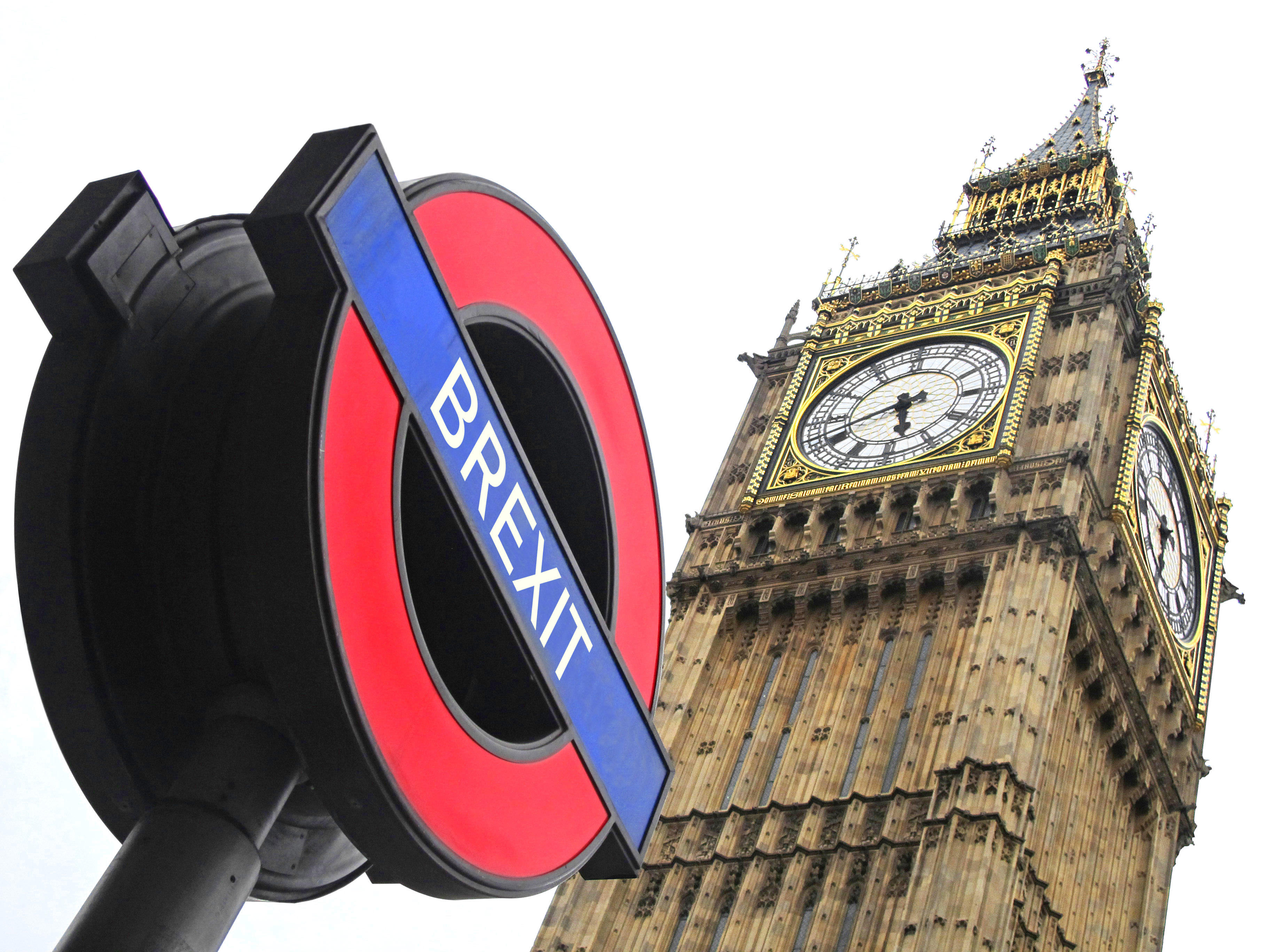Association to keep pressure on government for clarification on EU-manufactured appliances
FEA is warning that the continuing Brexit chaos could lead to some imported foodservice equipment brands being delayed in getting to the market or even disappearing from the UK market.
As things stand, a number of EU equipment brands that are imported for sale in this country come in via foodservice equipment dealers, who act as UK sales representatives for the manufacturer. The single market’s free movement of goods allowed for this without the need for paperwork or controls. After January 2021 these businesses will be ‘importers’ and so they’ll need to register as importers or ‘authorised representative companies’ if they are to continue to bring in the products.
There are several problems. One is that, in some cases, the same product line is imported by multiple dealers, which may not be possible under the new regulations. Another is that many dealers may not want the hassle of changing their role, and so may simply walk away. Meanwhile the manufacturer may not want the hassle of either developing a new partnership with another dealer, or setting up their own UK sales office. Either way, getting hold of the product range, and finding spares and replacements, may well get more difficult.
A third problem, which is certainly exacerbating the situation, is that government information to date on what companies need to do has been limited to say the least. Consequently, many experts are stating there simply won’t be enough time to sort out the documentation required before the January 1 implementation. As a result of FEA pressure, BEIS (the Department for Business, Energy & Industrial Strategy) is looking to fill the gap in the government advice, and has promised to define the roles and responsibilities of importers and authorised representative companies.
“This is an incredibly frustrating situation,” says FEA chair John Whitehouse, “but it’s hardly untypical of the transition to Brexit. Hopefully we will get the information from BEIS within a few weeks, meanwhile FEA will keep the pressure on.”

